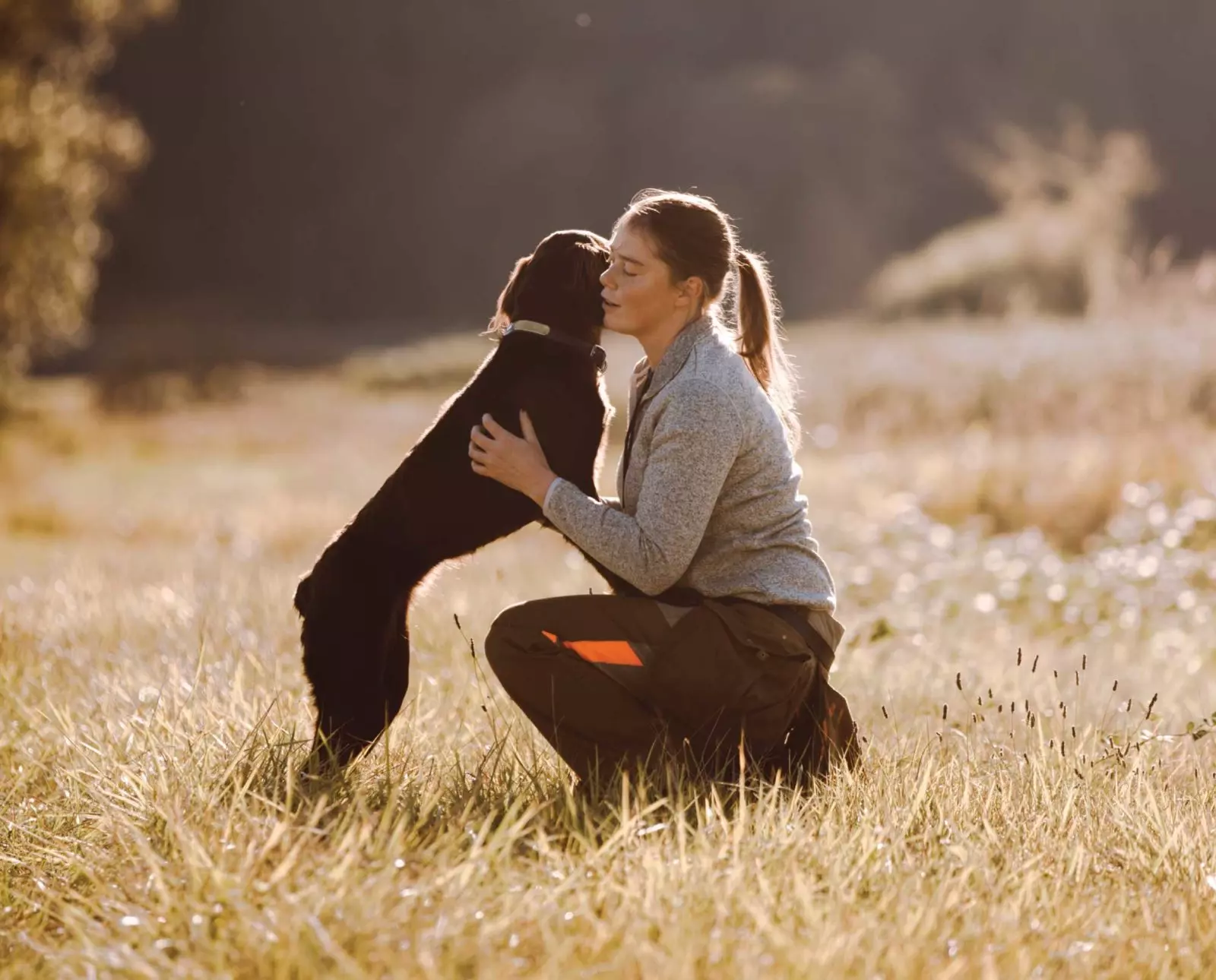Dogs need to be trained for a number of reasons, and training is a crucial part of their lives. Your dog will be more likely to sleep during the day if it is given mental and physical stimulation in the morning, which is why it is important to offer your dog an early morning exercise routine.
The dog training facilities offer reward-based training strategies. Using these strategies, the dog is given a chance to succeed and is rewarded for exhibiting the “good” behavior (positive reinforcement).
About the Positive Reinforcement
With positive reinforcement as the primary method of instruction, dogs learn more quickly and develop a closer relationship with their owners as a result of their efforts. One of the most important components of this method is the practice of rewarding favorable behavior, sometimes known as positive reinforcement. A delicious food treat or enthusiastic praise, such as “excellent dog!” should be given to the dog when it displays the desired “positive” behavior. The dog should be the recipient of this kind of praise. Choosing the right dog training class is essential in this case.
Disregarding behaviors judged “unwanted” is a typical practice in reward-based teaching
If you teach your dog this way, he won’t be rewarded for bad behavior. Attention or food rewards may be used as incentives for dogs to continue doing a certain behavior. Instead of jumping up to welcome guests, an owner should ignore the dog and only pay attention to it until all four of the dog’s paws are firmly on the ground before engaging in conversation. When they are standing or sitting, they should only be given attention and treats.
The “unwanted” behavior is merely rewarded as a consequence of this attention
Owners who yell or get enraged in response to a “unwanted” behavior run the danger of unintentionally encouraging it. It’s possible that a dog’s desire for receiving some kind of attention or reaction from its owner may differ from one to another. A dog that is barking excessively may interpret an owner’s yelling as a plea for attention and continue barking. It is better to ignore the behavior and see if it goes away on its own rather than yelling.
Any use of aversion therapy or physical punishment in the training program is forbidden
Correcting a dog’s “unwanted” behaviors with punishment may exacerbate the problem.This is a very important first step in getting your puppy used to other dogs, so please sign up for puppy school as soon as possible. Adult dogs will be able to put their newfound skills to good use when they meet other canines in public places like parks or when out on a stroll. Puppies are regarded to be in the “critical socialization period” between the ages of 3 and 17 weeks. At this point, they need to socialize with other dogs in order to pick up on social cues and learn how to communicate successfully with their canine counterparts.
All around the United States, classes for dogs who are no longer pups are available. The RSPCA recommends lessons that emphasize positive reinforcement and reward-based training methods. For further information, see the section on Reward-based Training.
Conclusion
Everyone who adopts a dog is required to take part in training in order to ensure the health and well-being of their new pet. Our ethical pet management program also includes a variety of public relations efforts aimed at influencing other dog owners to adopt similar practices.

